The Most Famous Film Adaptions of All Time
The Lord of the Rings
Books - The Lord of the Rings: The Fellowship of the Ring (1954), The Two Towers (1954), The Return of the King (1955)
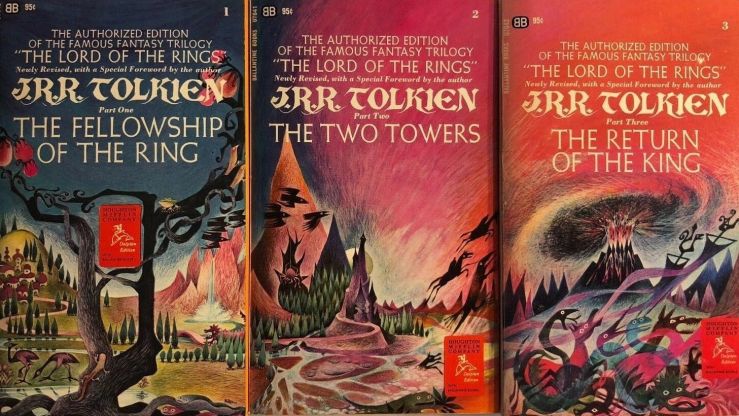
Movies - The Lord of the Rings: The Fellowship of the Ring (2001), The Two Towers (2002), The Return of the King (2003)
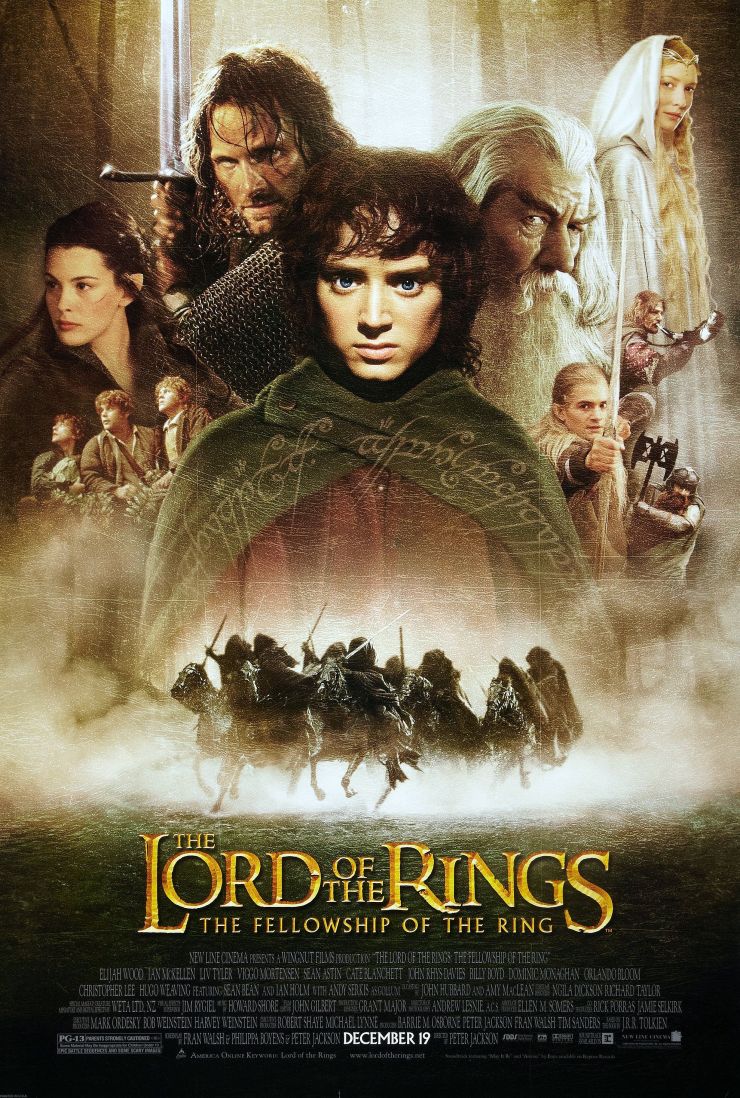
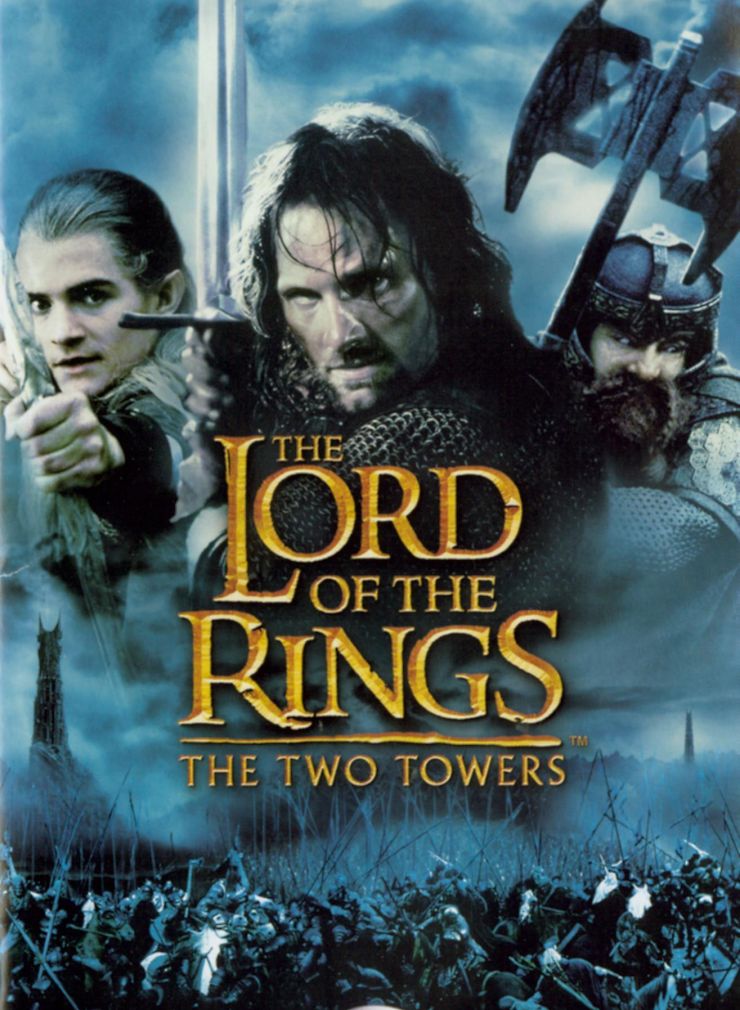
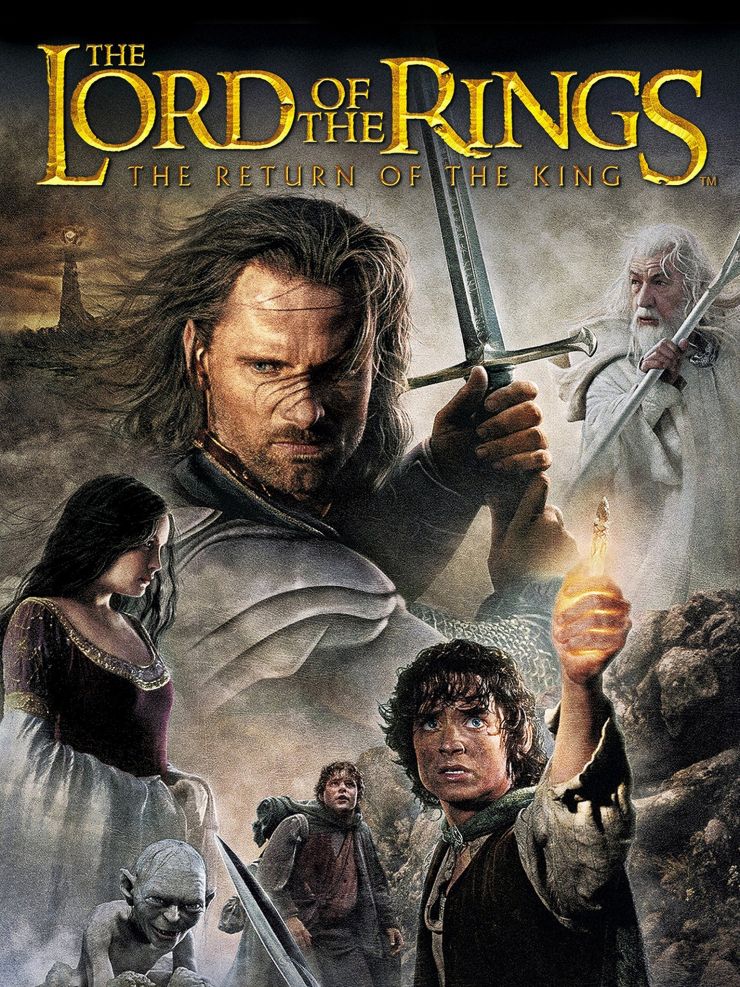
One of the famous and well-received film adaptions was of Lord of the Rings, which was comprised of three fantasy adventure films based on the novel series “The Lord of the Rings” by the English author John Ronald Reuel Tolkien, or more commonly known as J. R. R. Tolkien.
The LOTR saga follows the journey of a few unlikely heroes as they make their way across the fantasyland to restore peace and defeat evil against all the odds.
Even though the movie has been faithful to the book in terms of the plot, there are major differences, like certain characters missing or completely different from what they are in the books. Despite the deviation from the books, the films were done exceptionally well and were able to tell a beautiful story in their own way.
Harry Potter
Books - Harry Potter and the: Philosopher's Stone (1997), Chamber of Secrets (1998), Prisoner of Azkaban (1999), Goblet of Fire (2000), Order of the Phoenix (2003), Half-Blood Prince (2005), Deathly Hallows (2007)
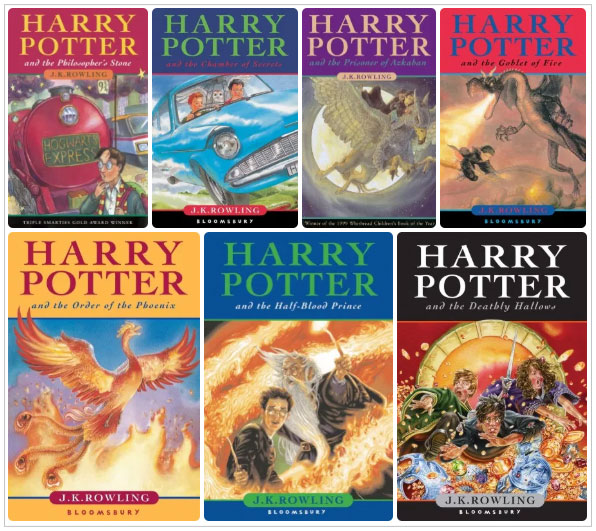
Movies - Harry Potter and the - Philosopher's Stone (2001), Chamber of Secrets (2002), Prisoner of Azkaban (2004), the Goblet of Fire (2005), Order of the Phoenix (2007), Half-Blood Prince (2009), Deathly Hallows – Part 1 (2010), Deathly Hallows – Part 2 (2011)
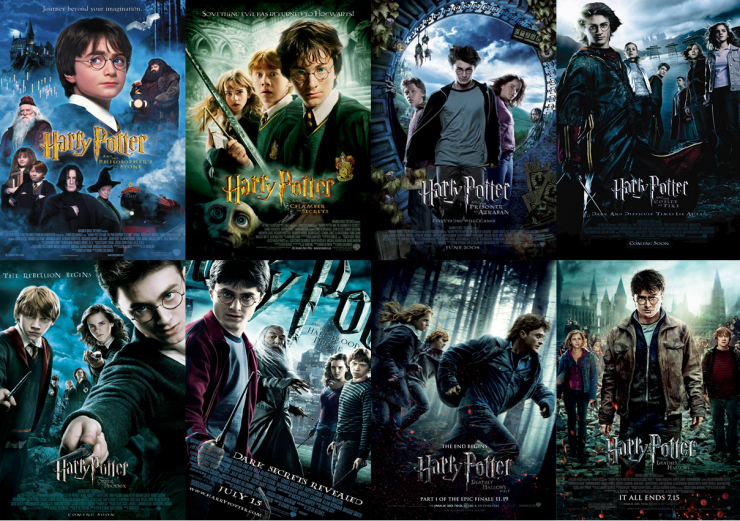
We can’t talk about film adaptions without mentioning the globally successful Harry Potter series. The film series consisted of eight fantasy films based on the seven novels written by the British author J. K. Rowling.
This popular saga takes us through the fantasy adventures of a young wizard, Harry Potter, studying at Hogwarts School of Witchcraft and Wizardry with his two friends, Hermione Granger and Ron Weasley. Together they fight towards defeating the evils that threaten the lives of both wizards and muggles (non-wizards).
Though the movies follow the same storyline, the films cover less information, common to many film adaptions, compared to the books. For instance, storylines of certain characters were excluded, and entire plots were also eliminated. Some important characters didn’t even make it to the films, such as Peeves and Winky, which bothered many of the books’ readers. Looking past these differences, there is no doubt that Harry Potter novels and films have captured the hearts of millions of people worldwide.
Chronicles of Narnia
Books - Chronicles of Narnia: The Lion, the Witch and the Wardrobe (1950), Prince Caspian (1951, The Voyage of the Dawn Treader (1952)
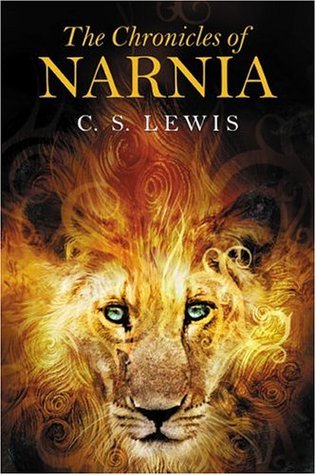
Movies - The Chronicles of Narnia: The Lion, the Witch and the Wardrobe (2005), Prince Caspian (2008), The Voyage of the Dawn Treader (2010)
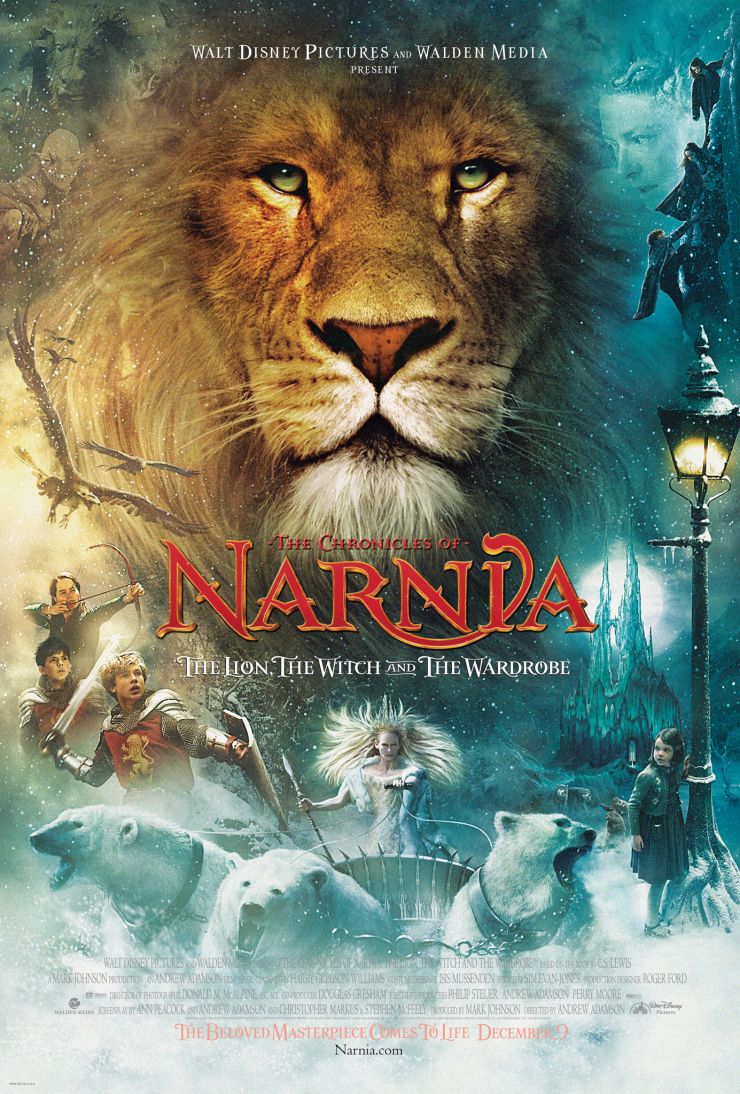
The Chronicles of Narnia got its start in 1950 with the publication of The Lion, the Witch, and the Wardrobe by author C.S. Lewis, a lifelong friend of LOTR author, JRR Tolkien. From his seven books, three movies were adapted by Disney in the mid-2000s to great commercial success.
Despite being overshadowed by some of the other sagas on the list, this epic series deserves a deeper look too. When the first movie came out, people were delighted to see the fantastic adventures of the Pevensie siblings finding their way through a magical war on the big screen. It still remains as one of the most faithful adaptations of a book.
With commercial success and pressures, the next two installments steadily became less faithful to the source material. The discontentment among the more literary fans may have been the cause for an eventual scrap up of a planned 4th movie.
Charlie And Chocolate Factory
Book - Charlie and the Chocolate Factory (1964)
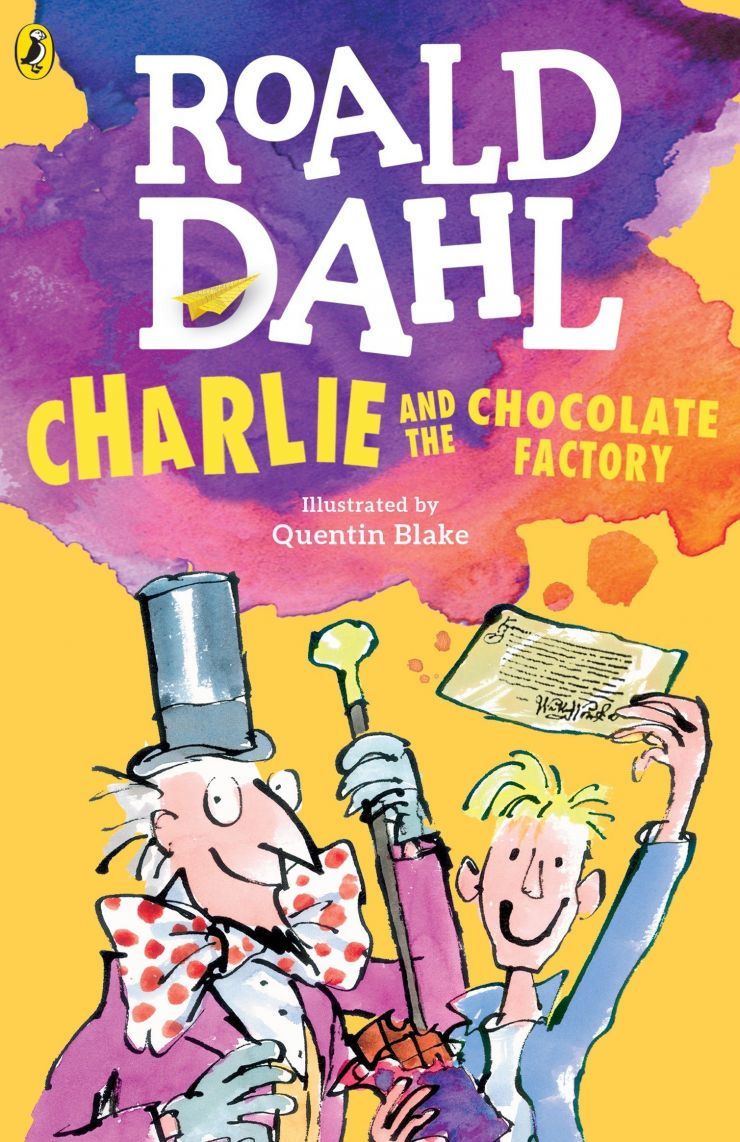
Movies - Willy Wonka & the Chocolate Factory (1971), Charlie and the Chocolate Factory (2005)
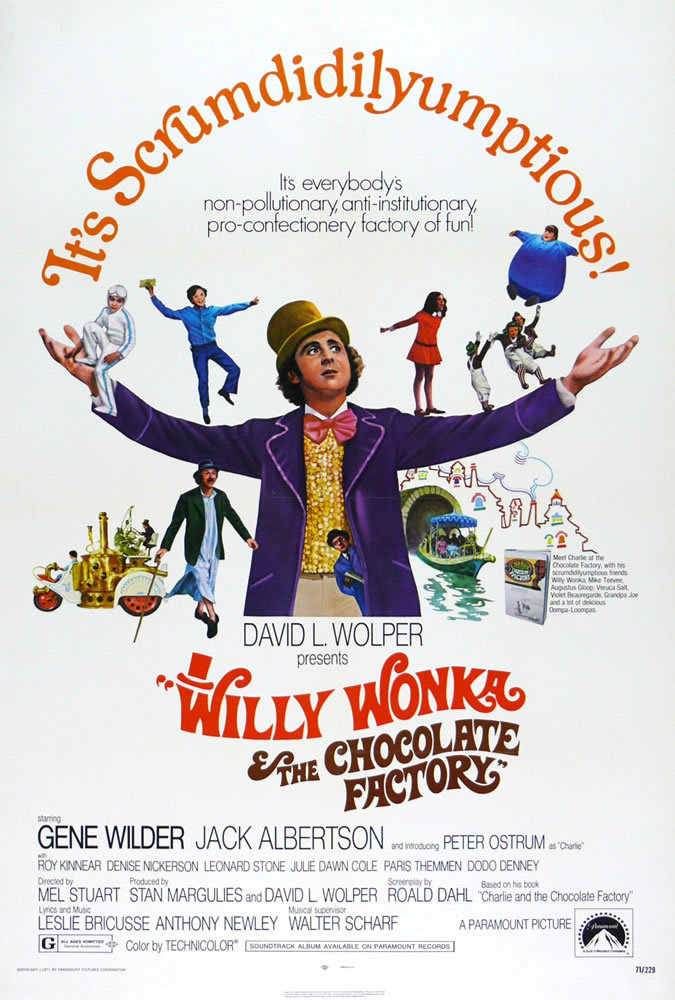
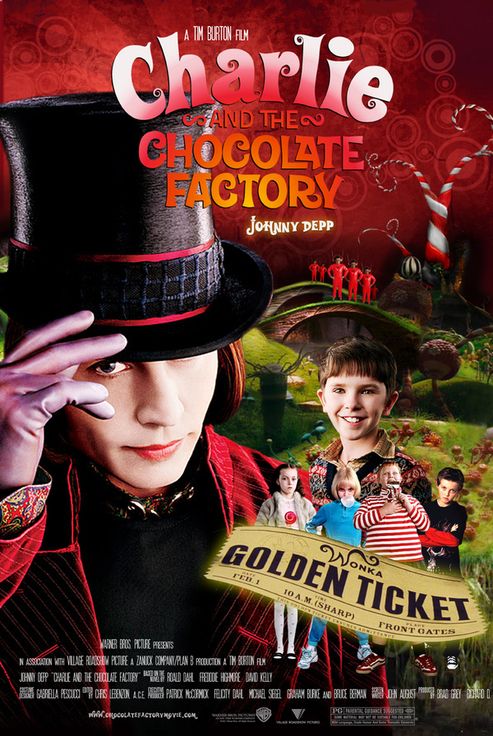
One of Roald Dahl’s fan favorite children’s novel was Charlie and the Chocolate Factory. It inspired two film adaptions, one in 1971, Willy Wonka & the Chocolate Factory and the other, in 2005, called Charlie & the Chocolate factory.
The plot consists of a young boy, Charlie Bucket, who is poor and wins a magical ticket that allows him to visit Willy Wonka’s mysterious and spectacular chocolate factory.
The two movies are quite different. Dahl didn’t like the 1971’s adaption; he believed it deviated from the book plot a lot as too much emphasis was placed on Willy Wonka. The 2005 film is more closely related to the novel. Binge watch both movies and see for yourself which adaption you like more!
To Kill a Mockingbird
Book - To Kill a Mockingbird (1960)
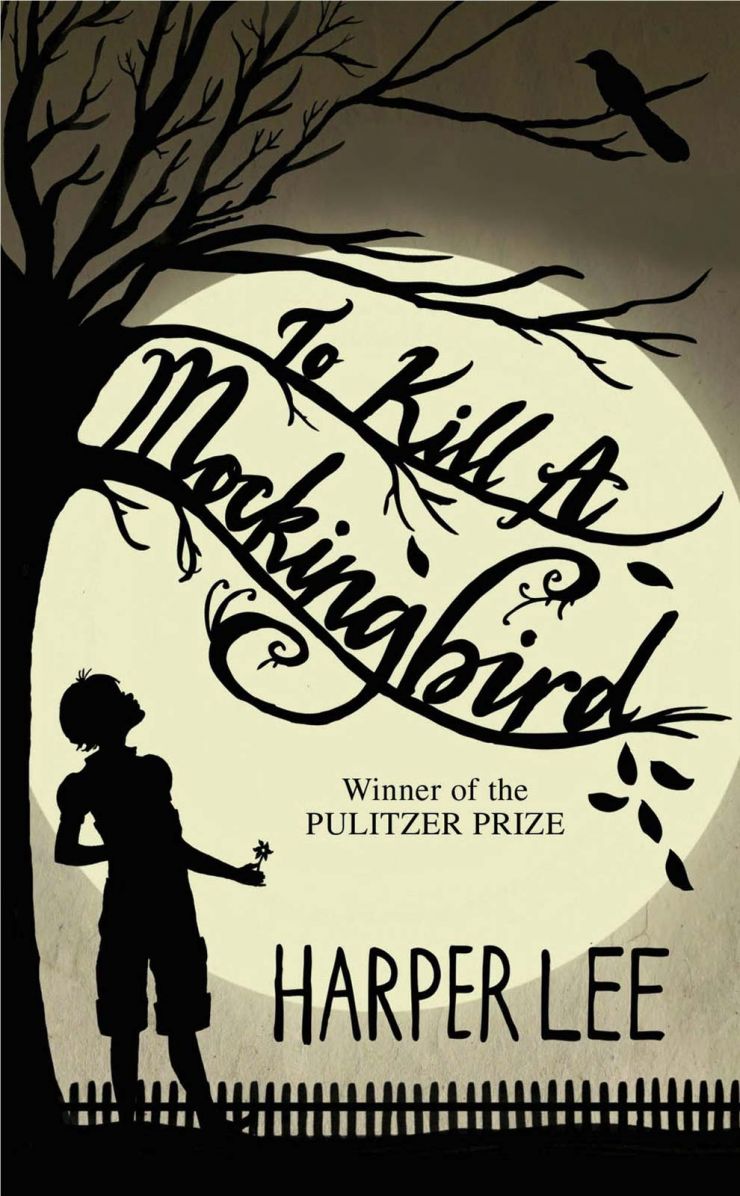
Movie - To Kill a Mockingbird (1962)
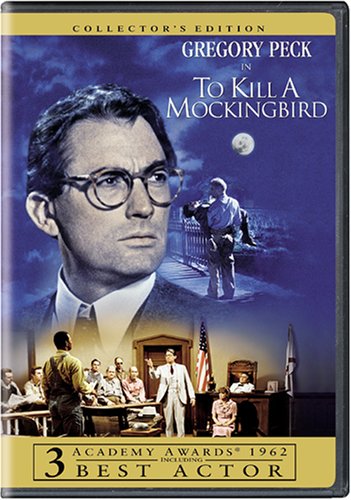
Adding another classic to our list, the 1962 film adaption of the Harper Lee’s famous novel named To Kill a Mockingbird. This film was popular both amongst the audience and critics, winning three academy awards after being nominated for eight.
The plot covers a number of societal issues, mainly focusing on racism, through the eyes of little girl named Jean Louise "Scout" Finch
Both the film and novel tackle the issue of racism, however the novel is more symbolic and addresses a range of issues not present in the movie, for instance gender roles. Another major difference is in the narration of the story; in novel it was first person, allowing for a better emotional connection to the character, compared to the film which was narrated in third person.
Honorary Mentions
1. The Life of Pi (2012) based on Life of Pi (2001) by Yann Martel
2. Matilda (1996) based on Matilda (1988) by Roald Dahl
3. Enola Holmes (2020) based on Enola Holmes by Nancy Springer
4. The Hunger Games (2012-2015) based on The Hunger Games (2008) by Suzanne Collins
5. Miss Peregrine's Home for Peculiar Children (2016) based on Miss Peregrine's Home for Peculiar Children (2011) by Ransom Riggs
6. Pride and Prejudice (2005) based on Pride and Prejudice (1813) by Jane Austen



